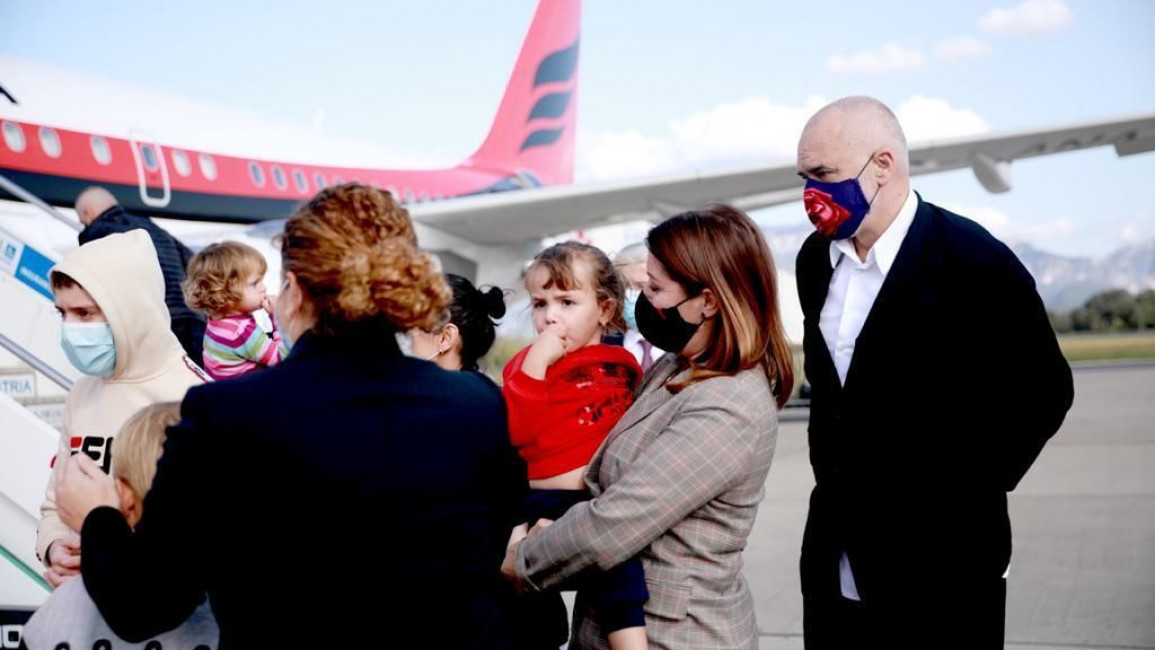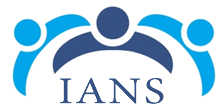
In recent years, the Western Balkans countries have faced a number of challenges in developing programs for the reintegration and rehabilitation of returnees. In almost all WB countries, the existing national P/CVE strategies have shifted from whole-of-government into a whole-of-society approach, facilitating multi-agency support and tailored interventions. The shift was initiated because WB governments faced tremendous needs that accompanied the repatriation processes. The considerably high number of returning women and children did not primarily pose a threat to national and regional security and community stability but underlined gaps in the resocialisation, rehabilitation and reintegration arena. While prevention meant more awareness raising, common terminologies and understanding of domestic and regional factors; the rehabilitation and reintegration, as processes, require more stable relationships between front line practitioners with the returnees, aiming towards restored trust and a sense of belonging. Principles that are endorsed in the RAN Manual on Rehabilitation of radicalized and terrorist offenders for first‑line practitioners.
